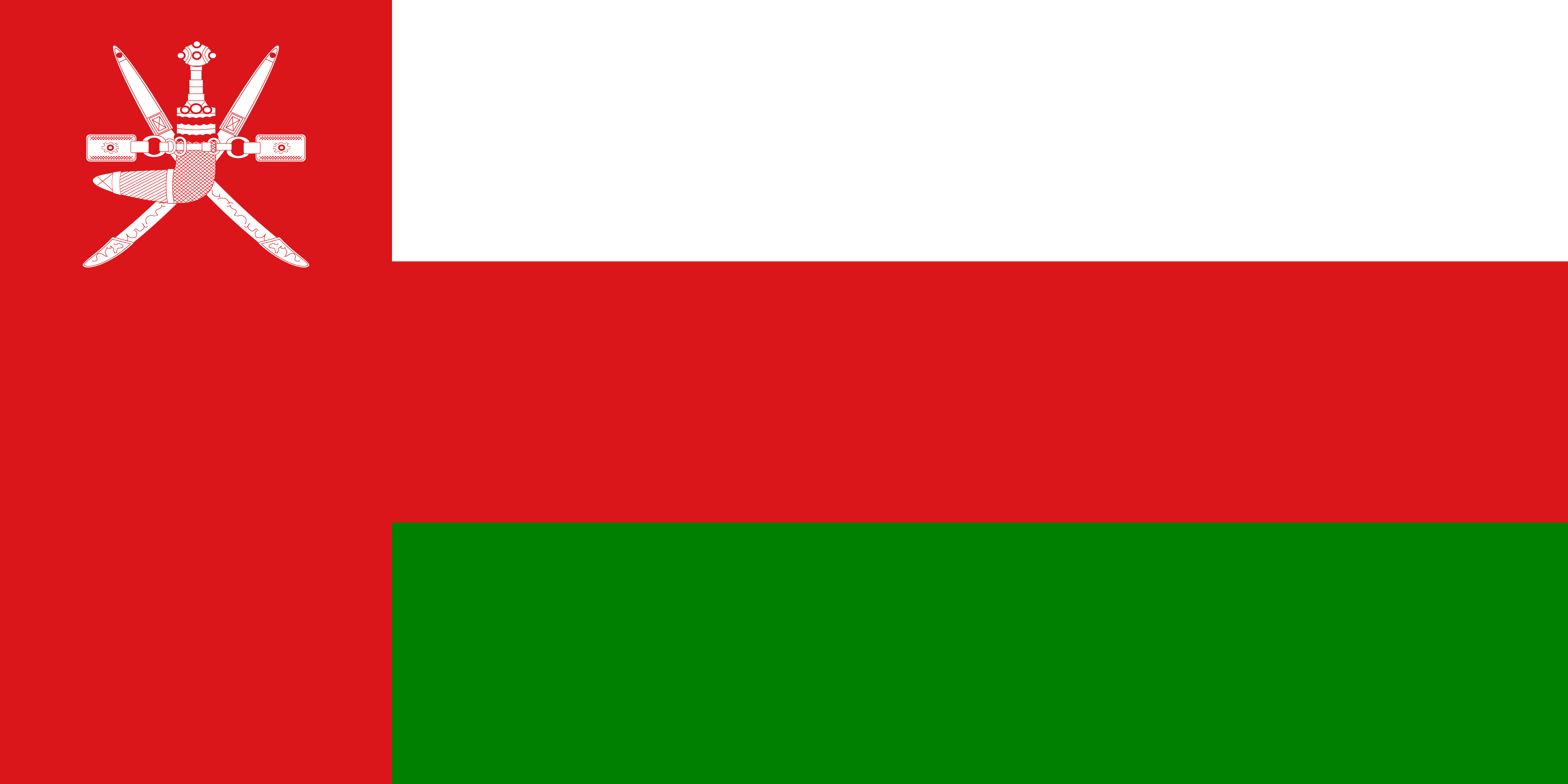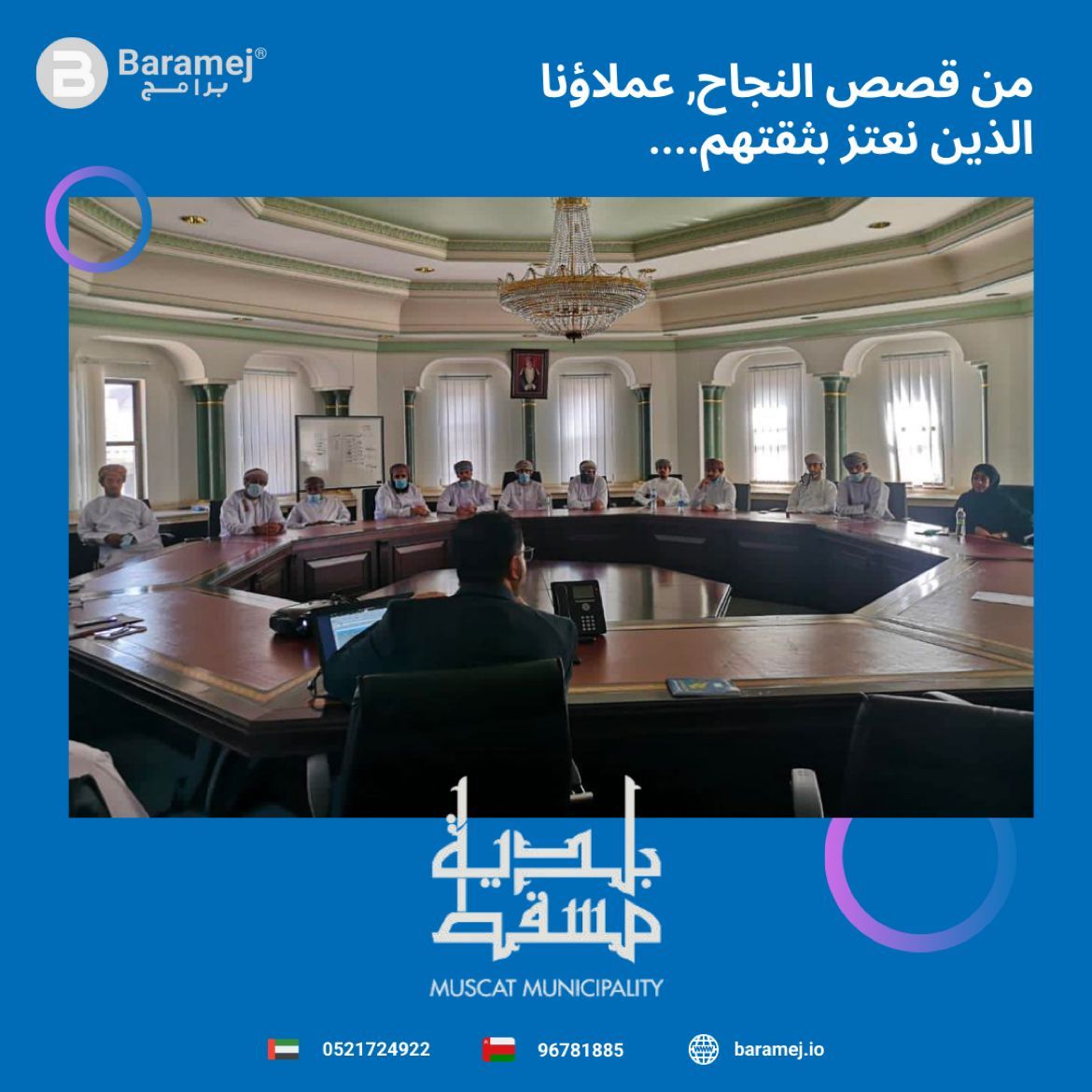Driving Digital Transformation: Implementing Project Management, ITIL, and SDLC at Muscat Municipality
Introduction:
As technology continues to advance rapidly, organizations are embracing digital transformation to enhance their efficiency, productivity, and service delivery. Muscat Municipality, recognizing the need to adapt to the digital age, has embarked on a journey of digital transformation by implementing a project management framework, ITIL service management framework, and software development lifecycle (SDLC). This article explores the significance of these frameworks in driving the digital transformation initiatives at Muscat Municipality and highlights their benefits and impact on the organization.
- Project Management Framework:
Implementing a project management framework at Muscat Municipality is crucial for effective planning, execution, and monitoring of digital transformation projects. This framework provides a structured approach to project management, ensuring that initiatives are delivered within defined scope, timeline, and budget. Key benefits include:
- Clear project objectives and deliverables: The project management framework helps define clear objectives and deliverables for each digital transformation project. This clarity ensures that projects align with the overall goals of the municipality and enables effective measurement of project success.
- Efficient resource allocation: By utilizing a project management framework, Muscat Municipality can allocate resources effectively, ensuring that the right skills and expertise are available for each project. This optimizes resource utilization and minimizes delays or bottlenecks during project implementation.
- Risk management and mitigation: The framework enables proactive identification and management of project risks. Muscat Municipality can assess potential risks, develop mitigation strategies, and implement contingency plans to ensure the smooth execution of digital transformation initiatives.
- ITIL Service Management Framework:
The implementation of the ITIL service management framework at Muscat Municipality ensures efficient and effective delivery of IT services. This framework focuses on aligning IT services with the needs of the municipality and provides guidelines for service design, transition, operation, and continual improvement. Key benefits include:
- Service standardization: The ITIL framework helps standardize IT service management processes across Muscat Municipality. This ensures consistency in service delivery, improves customer satisfaction, and streamlines operations.
- Incident and problem management: ITIL facilitates the identification, tracking, and resolution of IT incidents and problems. Muscat Municipality can quickly address any disruptions or issues, minimizing downtime and enhancing service availability.
- Service level management: The framework enables Muscat Municipality to define and monitor service level agreements (SLAs). This ensures that IT services meet the agreed-upon performance targets, enhancing service quality and reliability.
- Software Development Lifecycle (SDLC):
Adopting an SDLC approach is essential for the successful development and implementation of digital solutions at Muscat Municipality. The SDLC encompasses the entire software development process, including requirements gathering, design, development, testing, deployment, and maintenance. Key benefits include:
- Clear development roadmap: The SDLC provides a structured roadmap for software development projects, ensuring that each stage is executed systematically. This facilitates better project planning, resource allocation, and timely completion of projects.
- Quality assurance and testing: The SDLC emphasizes rigorous testing and quality assurance processes. Muscat Municipality can ensure that digital solutions undergo comprehensive testing, resulting in reliable and user-friendly applications.
- Maintenance and continuous improvement: The SDLC includes post-implementation maintenance and support activities. Muscat Municipality can monitor and enhance the performance of digital solutions, address any bugs or issues, and incorporate user feedback for continuous improvement.
Conclusion:
Digital transformation at Muscat Municipality is driven by the implementation of project management, ITIL service management, and SDLC frameworks. These frameworks provide structure, efficiency, and quality to digital initiatives, enabling the municipality to effectively plan, execute, and monitor projects. By leveraging these frameworks, Muscat Municipality can navigate the digital transformation journey smoothly, enhance service delivery, and meet the evolving needs of its citizens in the digital age.
 0521724922
0521724922 95392882
95392882


Leave a Reply